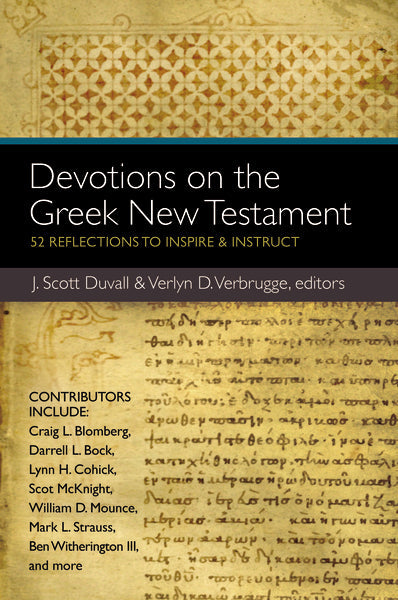Have you ever questioned your ministry ability? Moses, one of Israel’s greatest leaders, did. The Lord of all creation selected and sent Moses on a mission to go to God’s people and communicate his message. But the prophet was not a ready and willing messenger.
Scripture calls God’s servants “messengers” (Mal 2:7) because God sends them. Moses reasons that he cannot be God’s messenger, so he declines his assignment. His argument centers on his perceived inability, that he is unable to speak to his own satisfaction. Commentators speculate about the cause of Moses’ inability. One thing is certain; God responds as if Moses’ inability is a disability.
How do we know this? When Yahweh responds to Moses’ refusal, he chooses words that illustrate his role in disabilities. In Exodus 4:11 the words “deaf,” “mute,” “sighted,” and “blind” all occur in the piel, indicating physical disabilities. Because the four terms are uniquely inflected, this pattern plays a crucial role in interpreting this passage. It is particularly significant that the Hebrew word used here that our Bibles translate “mute” means “able to understand but not able to speak.” Because Moses comprehends the message, Yahweh challenges Moses to look beyond what he considers to be his speech limitations. Moses can understand; God will help him speak.
God patiently responds to Moses’ logic when he asks him two questions: Who puts man’s mouth in place? Who makes man unable to speak, hear, or see? Yes, remarkably, who makes those who cannot speak unable to speak? Wouldn’t we expect God to say, “Who makes those unable to speak, able to speak?” But God’s argument for Moses states that if Moses has a disability, God gave it to him. God should certainly have a fuller understanding of Moses’ limitations than Moses did! This verse not only addresses God’s role in disabilities, but it also sets the stage for his provision through his people.
In the prophets, God echoes his role in disability: “In that day, declares the Lord, I will assemble the lame, and gather the outcasts, and those whom I have afflicted” (Mic 4:6, ESV). Like Exodus 4:11, this passage reminds us that God assumes sovereign responsibility for disability, which includes assuring us that he will one day heal those who have disabilities. “The Lord gives sight to the blind” (Ps 146:8, NIV). For now, we may choose to say with Job, God’s agent to assist people with disabilities, “I was eyes to the blind and feet to the lame” (Job 29:15, NIV).
If God calls us to speak, he will enable us to speak. For those of us who have a disability, as most of us will as we age, this passage assures us that God not only gives us our mission assignments, he also empowers us for the task. Disability should not keep us from experiencing the joy of serving God. What is more, our greatest joy in serving God may come from helping others with their disabilities.
— Dave Deuel, adapted from his contribution to Devotions on the Hebrew Bible (Milton Eng and Lee M. Fields, General Editors).
How to Use This Book
The new Devotions on the Hebrew Bible will help you find new treasures in the biblical text. Packed with 54 devotions from 38 top Hebrew scholars, these devotions offer new insights into familiar (and unfamiliar) Hebrew texts. Use these insights in your personal study or instruction. Also, don’t miss the companion book, Devotions on the Greek New Testament.

